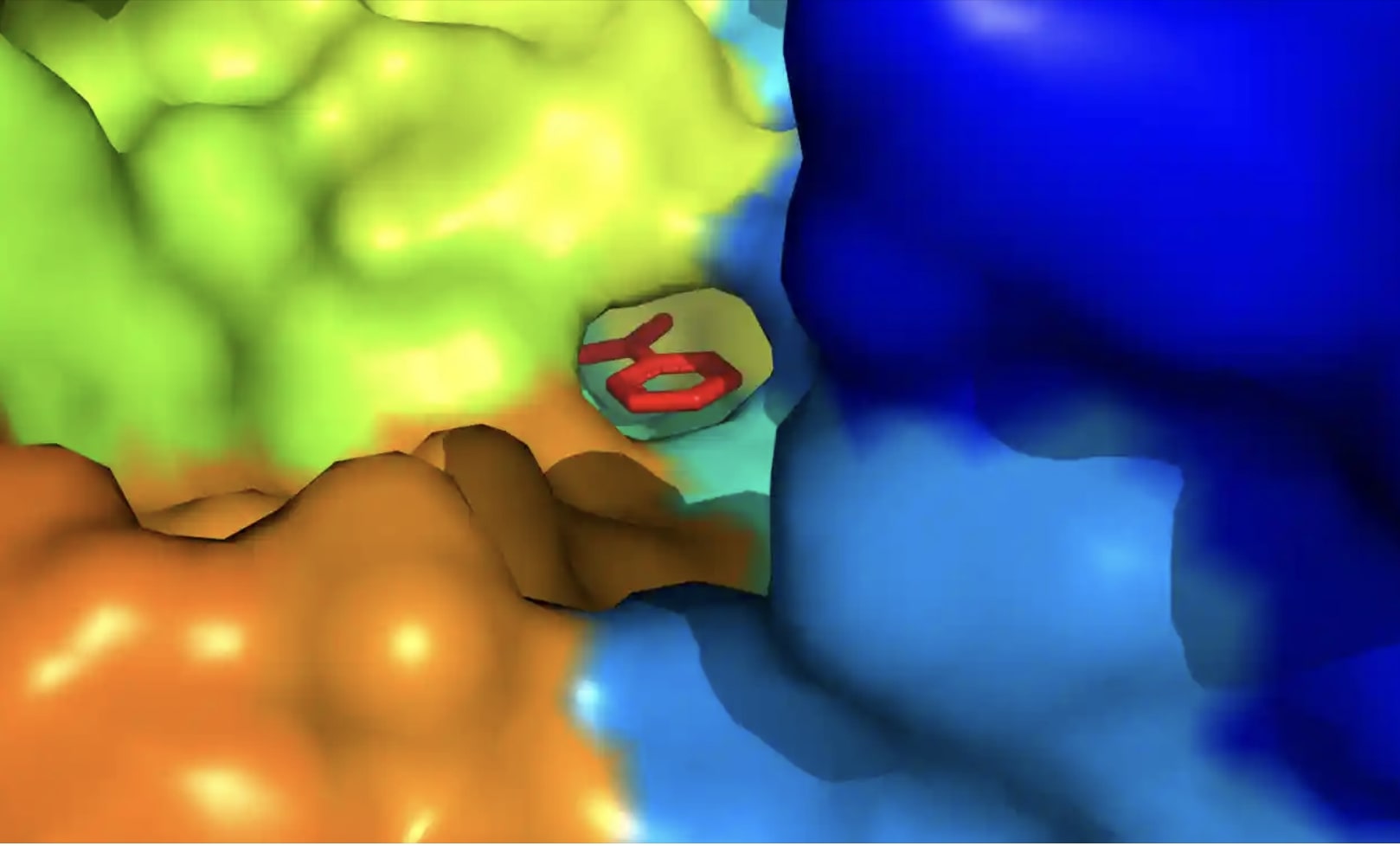
- Sustainable Planet -
- 4mins -
- 275 views
New plastic-eating super-enzyme devours plastic bottles 6x faster
Latest breakthrough builds on plastic-eating bugs first discovered in Japan in 2016, with a new type of bacterium which can convert plastic back to its original building blocks in a matter of days.
Plastic-Eating Super-Enzyme Could Help (Dis)solve the Plastic Waste Crisis
Remember the plastic-eating enzyme scientists discovered inside Japanese landfill? Now scientists in the UK have upgraded it into a super-enzyme that degrades plastic bottles six times faster than before, reducing it to its original building blocks ready for reuse. The new super-enzyme works at room temperature, and is now being tested at custom built facility in Portsmouth.

Super-enzyme could have major implications for recycling polyethylene terephthalate (PET)
Scientists have created a new "super enzyme" that can break down plastic up to six times faster than their previous enzyme.
A team of researchers that previously re-engineered a plastic-eating enzyme named PETase have now combined it with a second enzyme to speed up the process, according to a press release from the University of Portsmouth.
The super enzyme could have major implications for recycling polyethylene terephthalate (PET), which is the most common thermoplastic used in single-use drinks bottles, carpets, and clothing.
PET takes hundreds of years to degrade in the environment. PETase can break it down into its building blocks in a few days.
John McGeehan, lead co-author and director of the Centre for Enzyme Innovation at the University of Portsmouth, told CNN that this latest development represents a huge stop towards using enzymes to recycle plastic and reduce plastic pollution.
"We were actually quite surprised it worked so well," said McGeehan, although he underlined that the process is "still way too slow" to be commercially viable.
He told CNN that researchers have received funding to carry out further experiments, and successful developments could mean existing PET could be recycled instead of using fossil fuels to create new plastic.
"We’re looking at huge energy savings," said McGeehan.
Source: CNN

How it works
The super enzyme combines PETase and MHETase. A mixture of the two breaks down PET twice as fast as PETase on its own, while connecting the two enzymes increased the speed by a further three times.
McGeehan used the Diamond Light Source, a device that uses X-rays 10 billion times brighter than the Sun to be able to see individual atoms, to map the molecular structure of MHETase.
Researchers were then able to engineer the new super enzyme by connecting MHETase and PETase, effectively stitching the enzymes DNA together to create one long chain, McGeehan told CNN.
The technique is commonly used in the biofuels industry, which uses enzymes to break down cellulases, but McGeehan said this is the first he is aware of enzymes being combined to break down plastic.
The full study was published Monday 28 September in the journal Proceedings of the National Academy of Sciences of the United States of America (PNAS).
Source: CNN

The science has potential to grow
The team is now examining how the enzymes can be tweaked to make them work even faster still. “There’s huge potential,” McGeehan told The Guardian. “We’ve got several hundred in the lab that we’re currently sticking together.”
Combining the plastic-eating enzymes with existing ones that break down natural fibres could allow mixed materials to be fully recycled, McGeehan said. “Mixed fabrics [of polyester and cotton] are really tricky to recycle. We’ve been speaking to some of the big fashion companies that produce these textiles, because they’re really struggling at the moment.”
Campaigners say reducing the use of plastic is key. Those working on recycling say that strong, lightweight materials like plastic are very useful and that true recycling is part of the solution to the pollution problem.
Researchers have also been successful in finding bugs that eat other plastics such as polyurethane, which is widely used but rarely recycled. When polyurethane breaks down it can release toxic chemicals that would kill most bacteria, but the bug identified actually uses the material as food to power the process.
Source: TheGuardian

